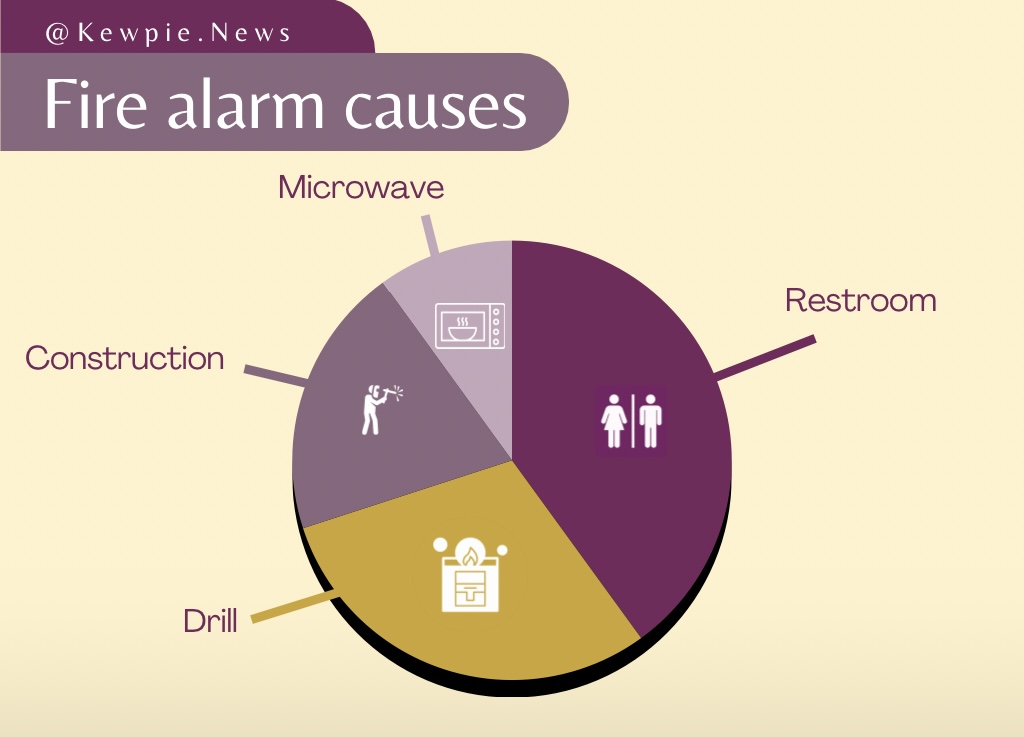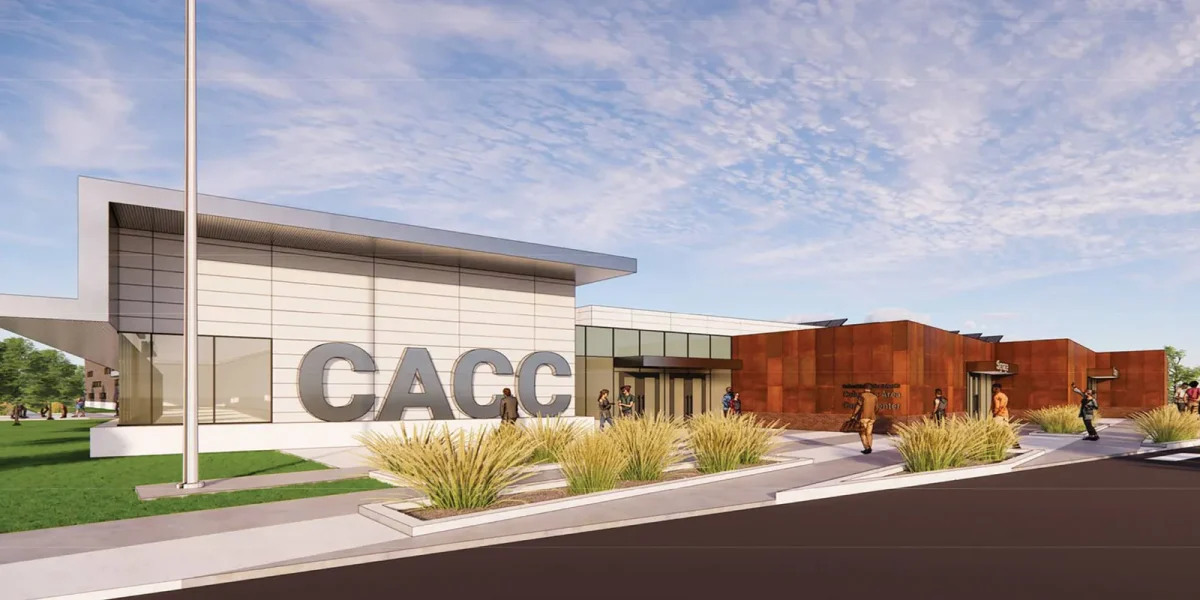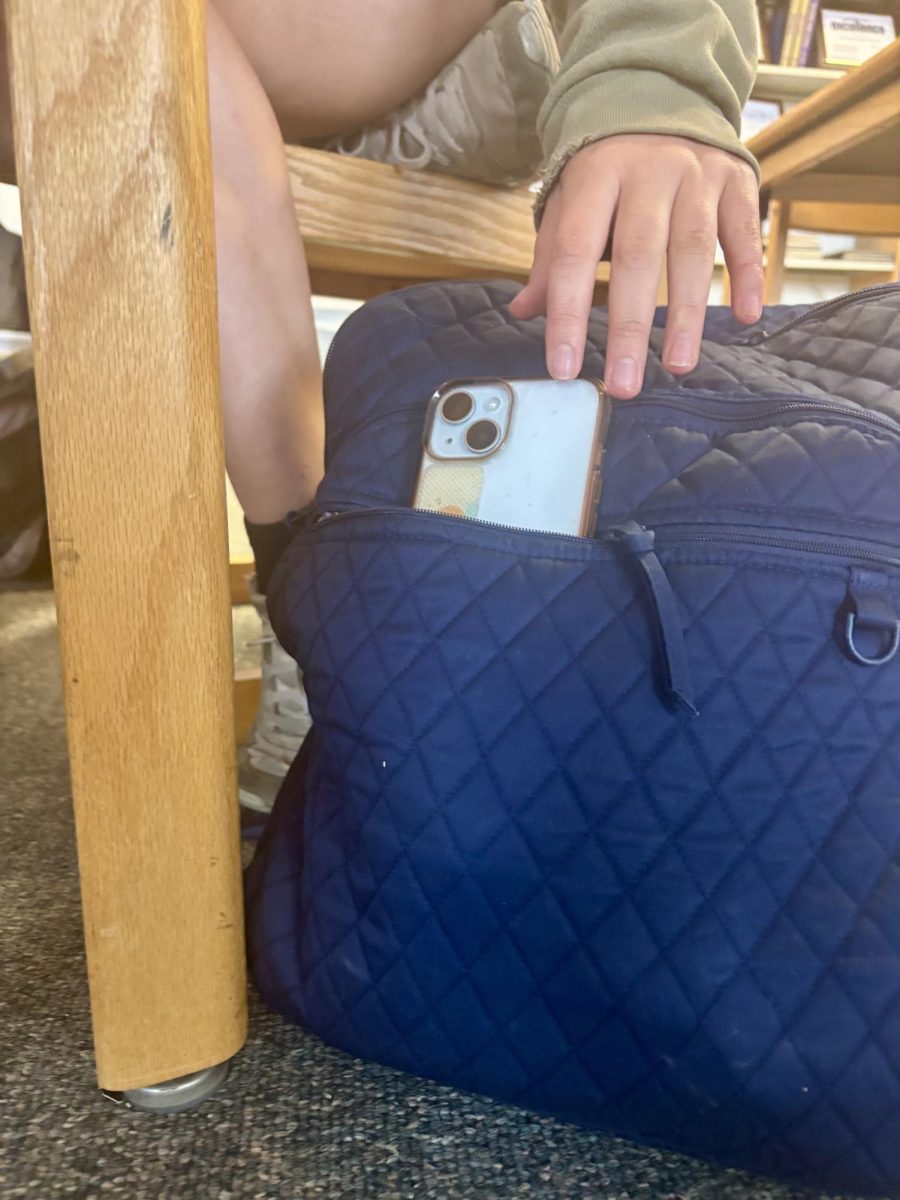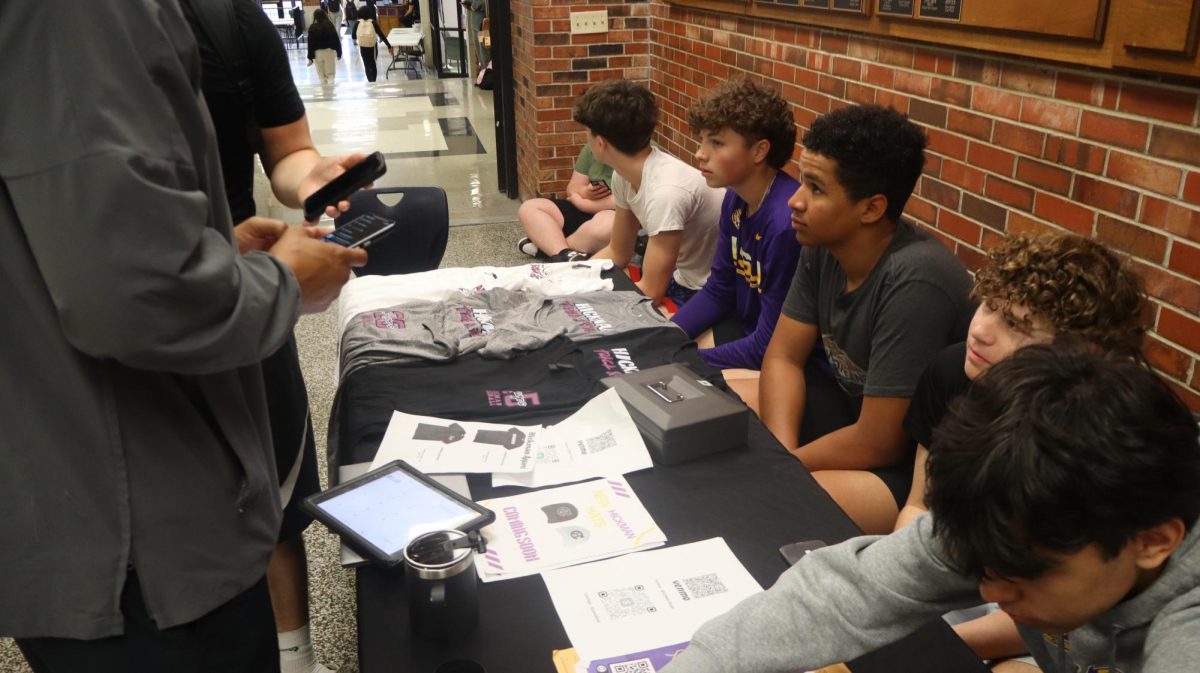The 2023-24 school year has been marked by a total of seven unannounced fire alarms. In February, Hickman met its number of drill goals mandated by the fire marshal for the year.
The most recent unannounced fire alarm was last Friday, March 1 at the Courtwarming dance. Within approximately 20 minutes of the Courtwarming dance starting, students weren’t dancing. The fire alarm went off and students had to wait outside for over 15 minutes. Students began to post the incident on their social media.
This is an ongoing issue of safety and security that Dr. Ross has been overseeing as the assistant principal for the past 11 years.
“[It] is a good thing, right, because it gives us some flexibility in the coming months to determine whether we need to schedule one or not schedule one…So while it has been an inconvenience to staff, and students, a lot of staff and students would rather us be doing that now than when maybe we have EOC testing taking place or ACT testing taking place,” he said.
Dr. Ross continued, “In the past, there have been some years where we haven’t had enough and we’re trying to get more in at the very end of the school year and that can create its own problems.”
Dr. Ross always sees the silver lining to things typically viewed as negative such as false alarms.
“There [are] positives to having unannounced fire alarms. I think the best way to practice for a fire is to not announce that you’re going to be doing it…if it happens during a lunch period, that is maybe one of the more likely times that we would have a fire,” Dr. Ross explained.
As Hickman’s school building reached its 100-year mark, maintenance increased significantly for the older infrastructure.
“I would say that we probably do have a few more false alarms than the other high schools as a result of our building’s age.”
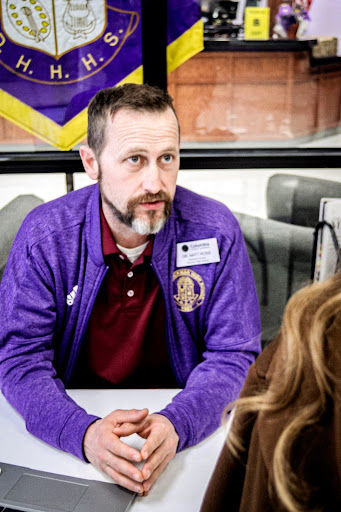
He emphasized the fact that our alarms are perhaps more sensitive “due to the nature of our building being a little older.”
“I do think they’re working as they’re intended to. Some of it’s just [a] coincidence of how things are happening,” Dr. Ross said.
False fire alarms have been an issue even 10-11 years ago.
It is important to consider that student activity in the restrooms has changed over time. At the beginning of Dr. Ross’s career at Hickman, he claimed that tobacco was much more prevalent. But over the course of 10 years that has slowly transitioned to vaping.
“This year, we’ve seen less of the false alarms as a result of what’s taking place in the restrooms, whether that be vaping or something else.”
Last year, Dr. Ross made a school wide announcement saying that in order to prevent disruptions to the learning environment from having false alarms, people should utilize the school’s facilities appropriately.
Further action for prevention of false alarms is the calibration of the smoke detectors. According to U.S. Fire Administration (USFA) and the U.S. Consumer Product Safety Commission (CPSC), calibration is “affected by exposure to high concentrations of certain solvents.” This adjusts the sensitivity of the detectors to reduce the likelihood of false alarms.
Further action for the prevention of false alarms is the calibration of the smoke detectors.
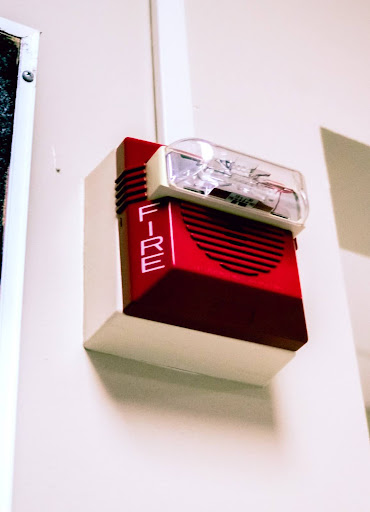
“I do want to remind students that if it can be proven that they set off a fire alarm by vaping in a restroom and first responders have to come, then there could be a law violation that occurs as a result of that along with the school consequences. So I want to encourage everyone to make sure that they’re not doing that,” Dr. Ross said.

